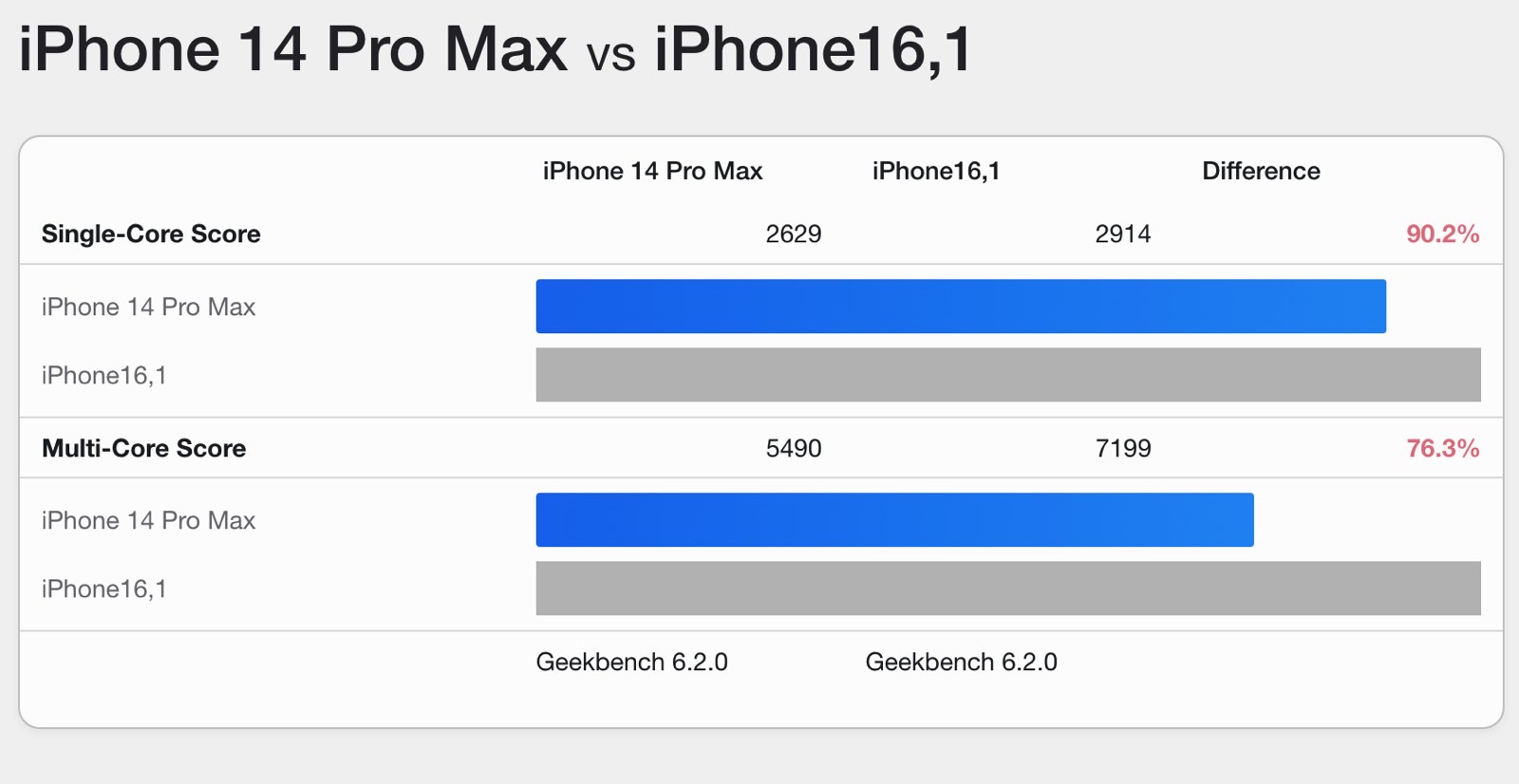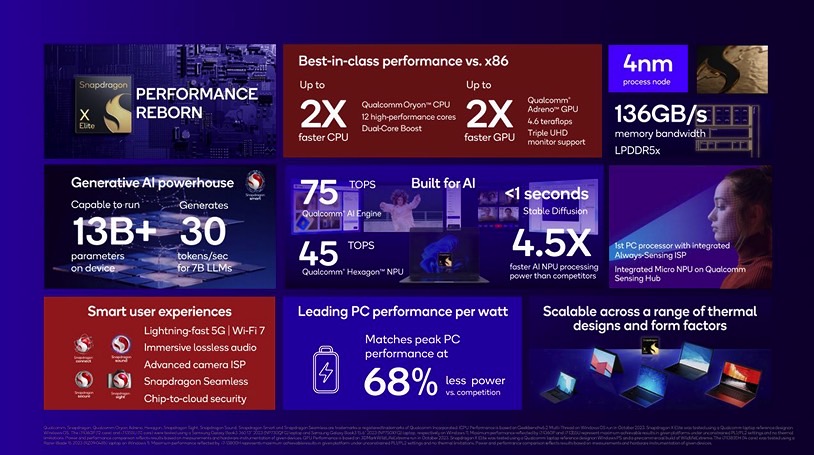The iPhone’s A-series chip has traditionally been the fastest in the industry, often setting records in benchmark tests, at least for single-core measurements. In real-life speed tests, the iPhone still comes out on top, but the differences nowadays aren’t quite as significant as they once were. The iPhone 15 Pro Max vs. Galaxy S24 Ultra speed test we saw recently proves that.
The next big battle between mobile chips will happen later this year. We’re anticipating the launch of the A18 Pro that will power the iPhone 16 Pro models and the Snapdragon 8 Gen 4 chip that Qualcomm will release in the fourth quarter of the year.
History tells us that the A18 Pro should win in benchmark tests. But that real-life performance should get even closer than the current generation of flagship chips. After all, how fast could these chips get? Does it even matter if we don’t notice the speed gains?
What if 2024 turns out to be the year Qualcomm’s best chip beats Apple’s in benchmarks? A very early leak hints that that might be the case.
I’ll start with what should be the obvious disclaimer. It’s too early to discuss benchmark scores for either of these next-gen chips. We’re looking at shady leaks from sources whose track records can’t be verified. So take this with a grain of salt.
At the same time, both the A18 Pro and the Snapdragon 8 Gen 4 are in development. Apple is working with TSMC on the M4 and A18 Pro chips to power its next-gen devices.
Similarly, Qualcomm is developing the Snapdragon 8 Gen 4 flagship that will power the Galaxy S25 Ultra and other 2025 Android flagships. The same TSMC should manufacture it. Benchmark scores from early prototypes can always leak.
A Korean site picked up the benchmark figures from Weibo. Chinese sources claim the Snapdragon 8 Gen 4 hits 3500 points in Geekbench. The A18 Pro tops 3300 in the same single-core tests. The A18 Pro also trails the next-gen Snapdragon chip in multi-core and GPU tests.

Commenting on the rumors, Notebookcheck mentioned a previous set of benchmark leaks for Qualcomm’s next-gen chip. Those revealed a single-core score of 2800 points in the same test. That’s the same score as the A17 Pro that powers the iPhone 15 Pro versions. A comparison above shows the A17 Pro’s performance gains over the iPhone 14 Pro Max’s A16.
Comparatively, the Snapdragon 8 Gen 3 reaches around 2200 points in Geekbench single-core scores. Considering where we are in the industry, a performance boost to 3500 would be incredible. Such year-over-year gains seem nearly unbelievable.
The reports from China also mentioned frequencies reaching 4.3GHz for the Snapdragon 8 Gen 4 chip and voltage hitting 1.3V. That might be required to get those scores. And that might be too much for a mobile chip in a commercial product. Again, the scores in question here might be from prototype units tested in lab settings.
What if Qualcomm delivers a big upgrade?
Rumors aside, I’ll also remind you that Qualcomm acquired Nuvia to improve its custom silicon and compete better against Apple. Will the Snapdragon 8 Gen 4 be based on Nuvia or ARM designs? We’ll have to wait until later this year to find out.
One way to boost those benchmark scores and real-life performance is to use Nuvia chips. In October, Qualcomm launched its Snapdragon X Elite PC chip based on Nuvia Oryon cores. The chipmaker made bold remarks at the time, comparing its Oryon chips to Apple’s M-series.

In October, Qualcomm said the Snapdragon X Elite could match the M2 Max performance but drop the power draw by 30%. Soon after, the M3 chips rolled out, and Qualcomm changed its remarks. The company still said its chip outperformed the M3 chip. Qualcomm said the Oryon chips are 21% faster than the M3 in multi-core tests.
Qualcomm’s chips will power PCs later this year, at which point we’ll see more details about the Snapdragon X Elite’s performance. I will say the Snapdragon X Elite was part of Qualcomm’s MWC 2024 on-device AI announcements. Qualcomm showed off the Snapdragon X Elite’s performance at generating AI images on-device compared to an x86 competitor. The Qualcomm chip was three times faster.
What I’m getting at is that Qualcomm might be ready to launch Oryon-based mobile Snapdragon 8 flagship chips soon. Rumors aside, those chips might compete better against Apple’s iPhone Pro chips. The only question is whether we’ll see those chips in phones next year or later down the road.
I will remind you that the iPhone 16 Pros will hit stores in mid-September, at which point we’ll know everything about the A18 Pro chips. The Snapdragon 8 Gen 4 will be unveiled a few months later, and power early 2025 devices.








